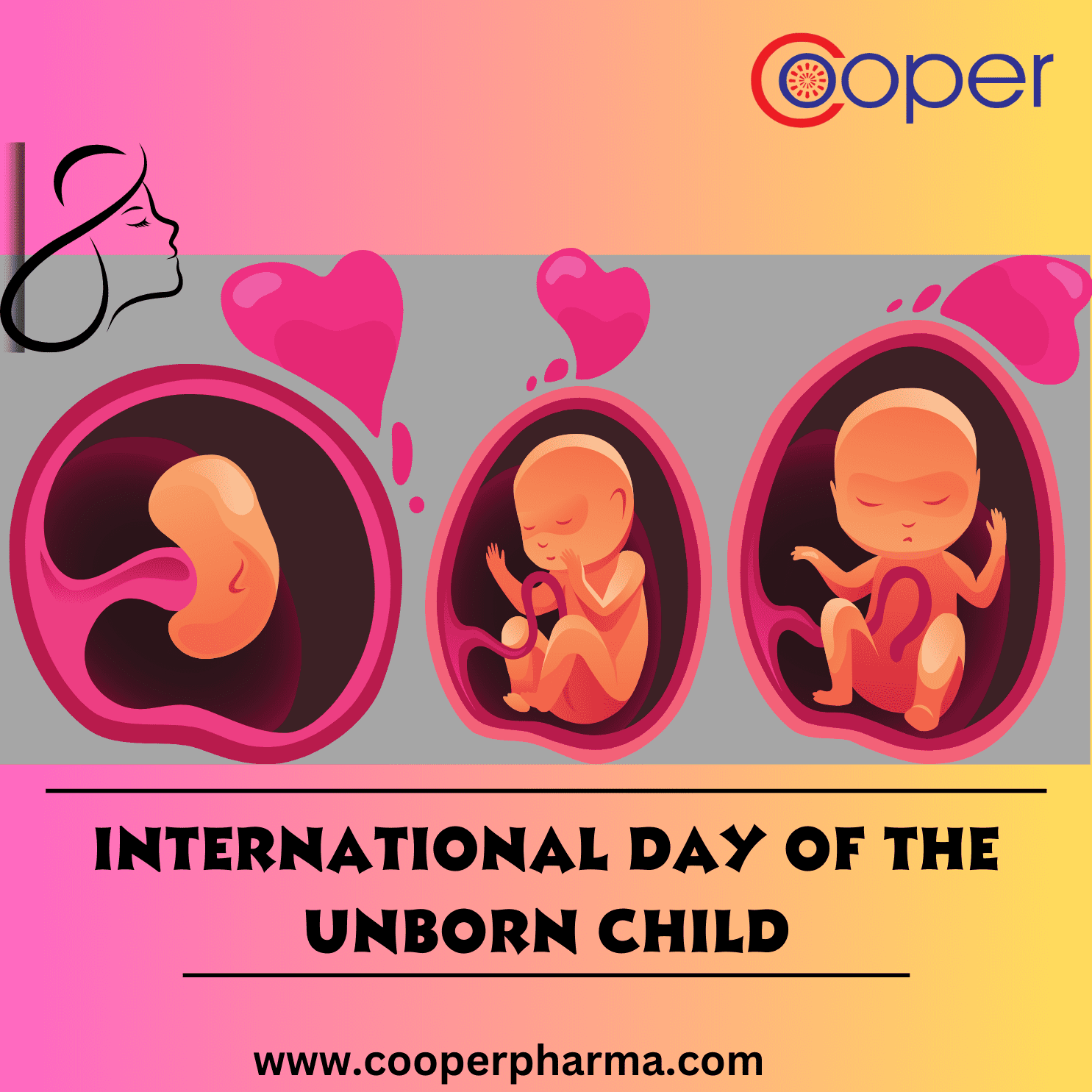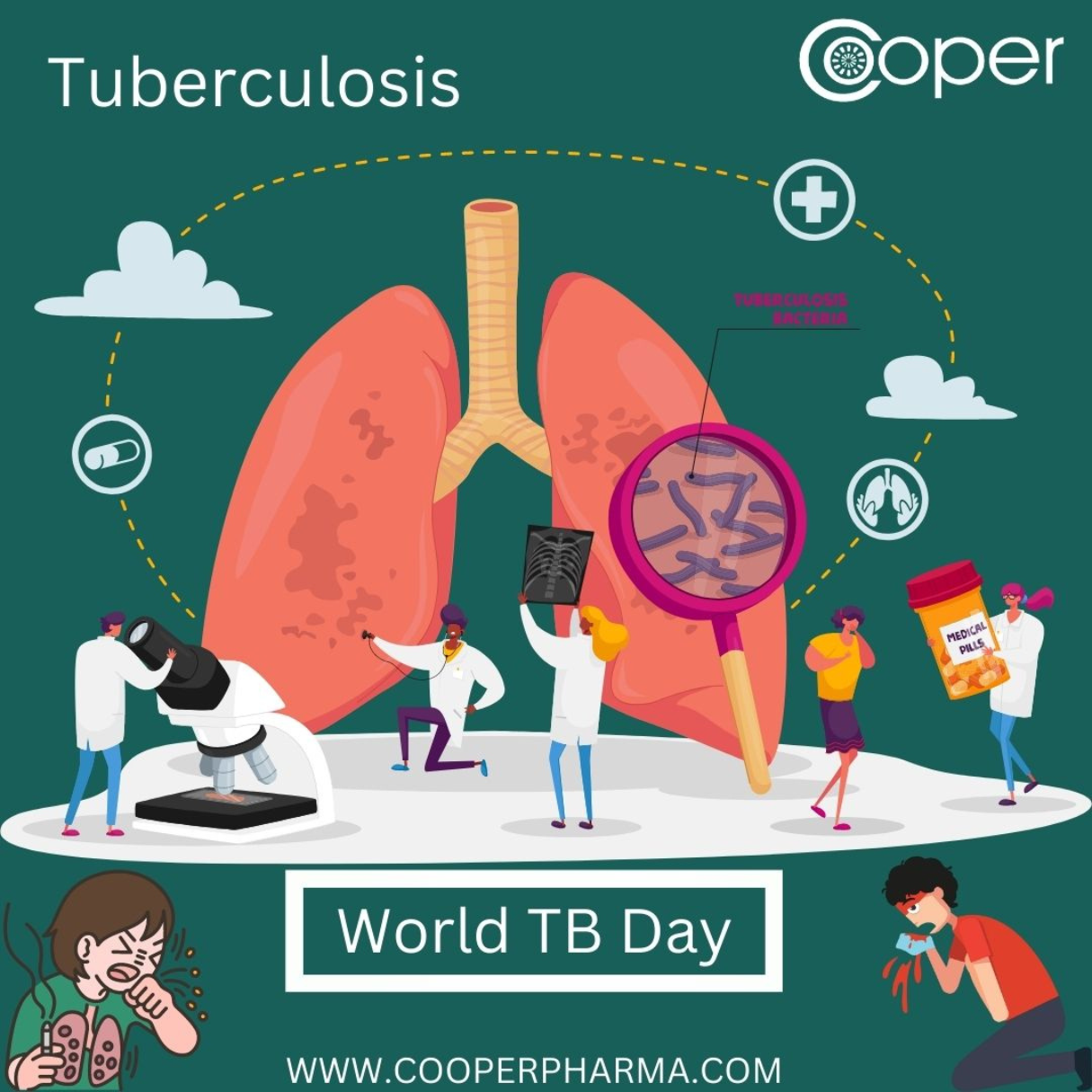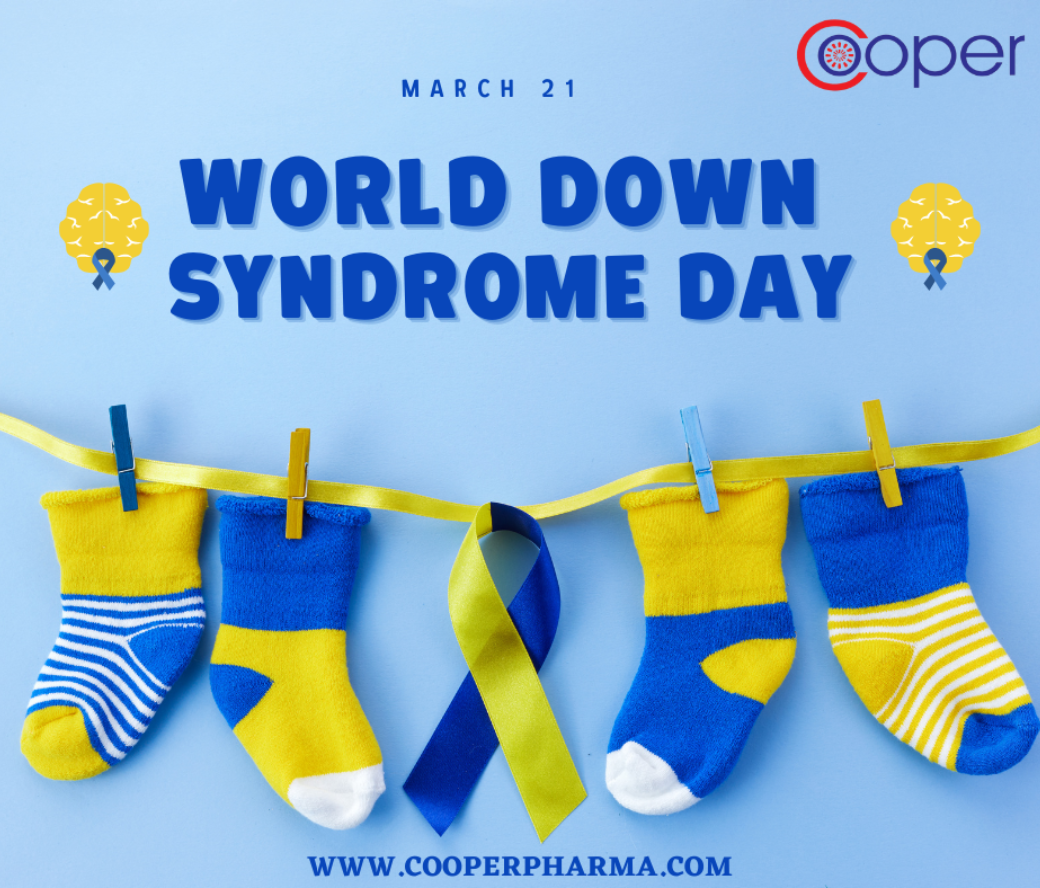How are Testosterone and Cholesterol Linked
Recent Blog
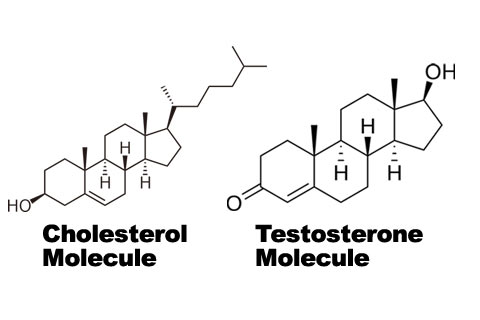
How are Testosterone and Cholesterol Linked
Date:- 2018-06-18 00:00:00
Testosterone is an important sex hormone for men. It helps control growth and development and is linked to sex drive, muscle, and bone mass. It is formed in large amounts in testes of men and less amount in women’s ovaries. . It stimulates sperm production and sexual function in men and may support a normal libido in women.
Cholesterol is a fat like substance that travels in your blood and found in body cells. It acts as a building block for cell membranes and as a precursor for hormones like testosterone and estrogen in our body. The liver produces about 80% of cholesterol in the body and the rest is taken from dietary source. Our body can obtain cholesterol from animal-based foods. For example, meat, poultry and full-fat dairy products contain cholesterol (called dietary cholesterol). Some tropical oils, such as palm oil, palm kernel oil and coconut oil, also can trigger your liver to make more cholesterol and as blood cholesterol levels rise, so does the risk to health.
Testosterone and cholesterol are the two compounds and are both classed as steroids because they share a similar ‘steroid ring’ chemical structure. Cholesterol is the ‘parent compound’ of all steroid hormones including testosterone as it is needed to form all steroid hormones. This makes it a sterol. These two compounds are chemically related that testosterone might influence the amount and type of cholesterol, body produces. Studies found that cholesterol linked to testosterone in way that imparts potential for maintaining good health. Cholesterol once synthesized in the liver, it is converted into pregnenolone by an enzyme called Cytochrome P450. From there it converts into other hormones such as androstenedione, and finally testosterone. The lipid is an auto-regulatory – what this means is that if your cells are running low, your liver will make more. However, some cells need an extra supply so without available cholesterol, we cannot synthesize enough pregnenolone, testosterone, or any other steroid hormone for that matter. Without enough T your body cannot function optimally – you’ll lose strength and muscle mass, your libido will plummet and you’re long-term health risks such as weak bones and cardiovascular risk will increase. A high-fat diet doesn’t necessarily mean that your body fat is raised. Furthermore, low fat diets have been found to decrease T levels. Higher fat diets are essential for maintaining and optimizing your T levels.
As steroids, testosterone and cholesterol are insoluble in water-based fluids such as blood. Because of this, your body has special mechanisms that allow the compounds to travel through your circulatory system to reach your organs and tissues. Testosterone binds to a special blood protein, called sex hormone binding globulin, forming a soluble complex that can be transported through your blood vessels, reaching cells called target cells because they respond to the hormone. A special but slightly different system allows cholesterol to travel in blood. Your liver cells combine cholesterol with protein to make compounds called lipoproteins, which transport cholesterol through your blood vessels to reach your cells and tissues.
Low density lipoprotein, or LDL, is called "bad" cholesterol because high levels can cause potentially dangerous fatty deposits to form in your arteries. High density lipoprotein, or HDL, is called "good" cholesterol because it carries excess blood cholesterol back to the liver for removal. Research suggests that extra testosterone might affect blood levels of total cholesterol and HDL. The changes in testosterone levels that can interfere at an age and the complex relationship between these changes, the risk of high cholesterol and cardiovascular disease might be occurred. They indicate that testosterone tends to fall slowly as men age increases but caution that more research is needed to determine if testosterone therapy is advisable in older men, stating that high doses of the hormone might raise LDL levels and lower HDL levels. If you have questions about the relationship between cholesterol and testosterone, discuss them with your doctor.

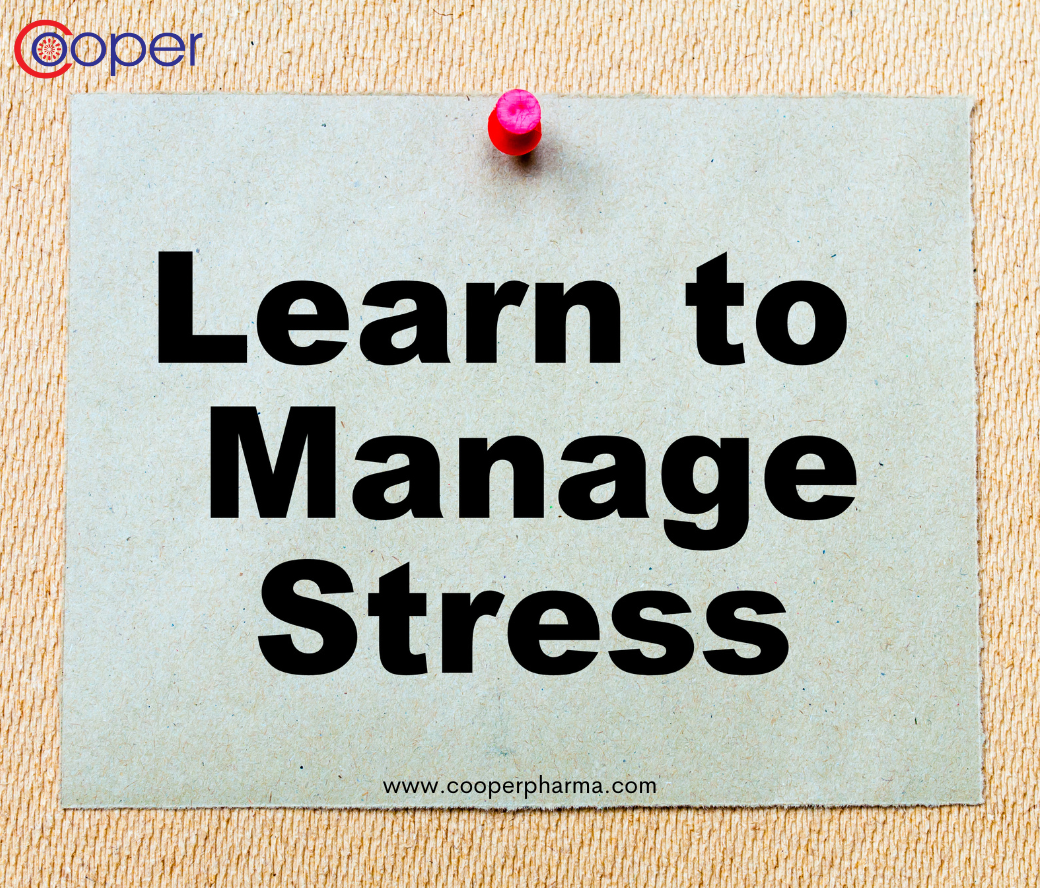
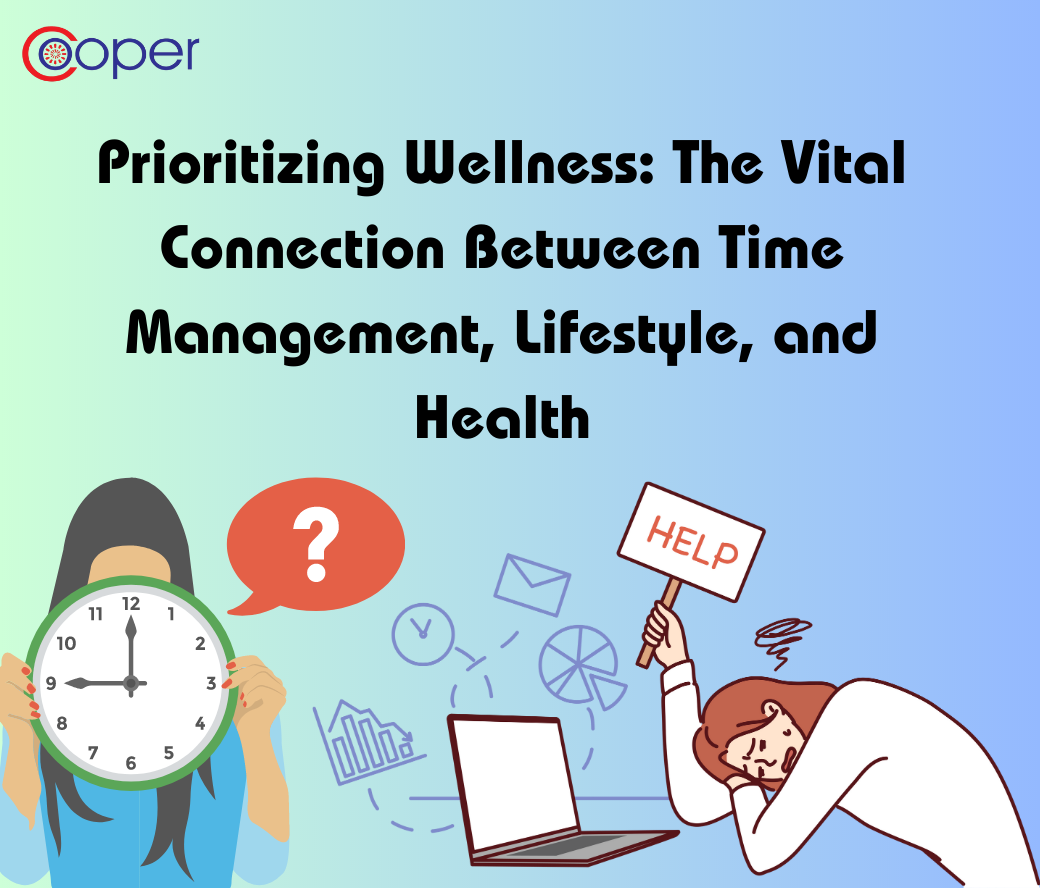

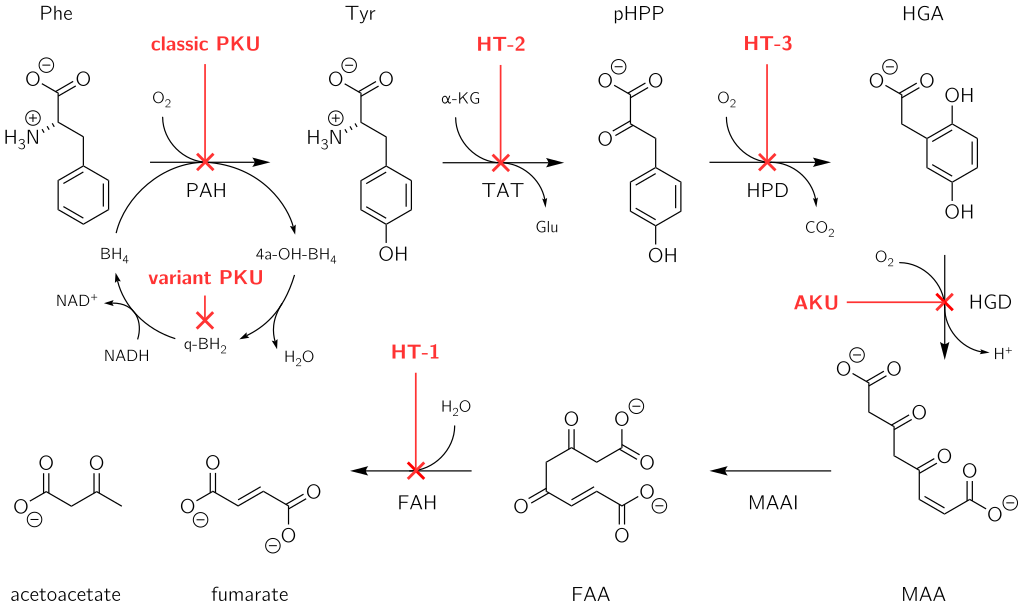

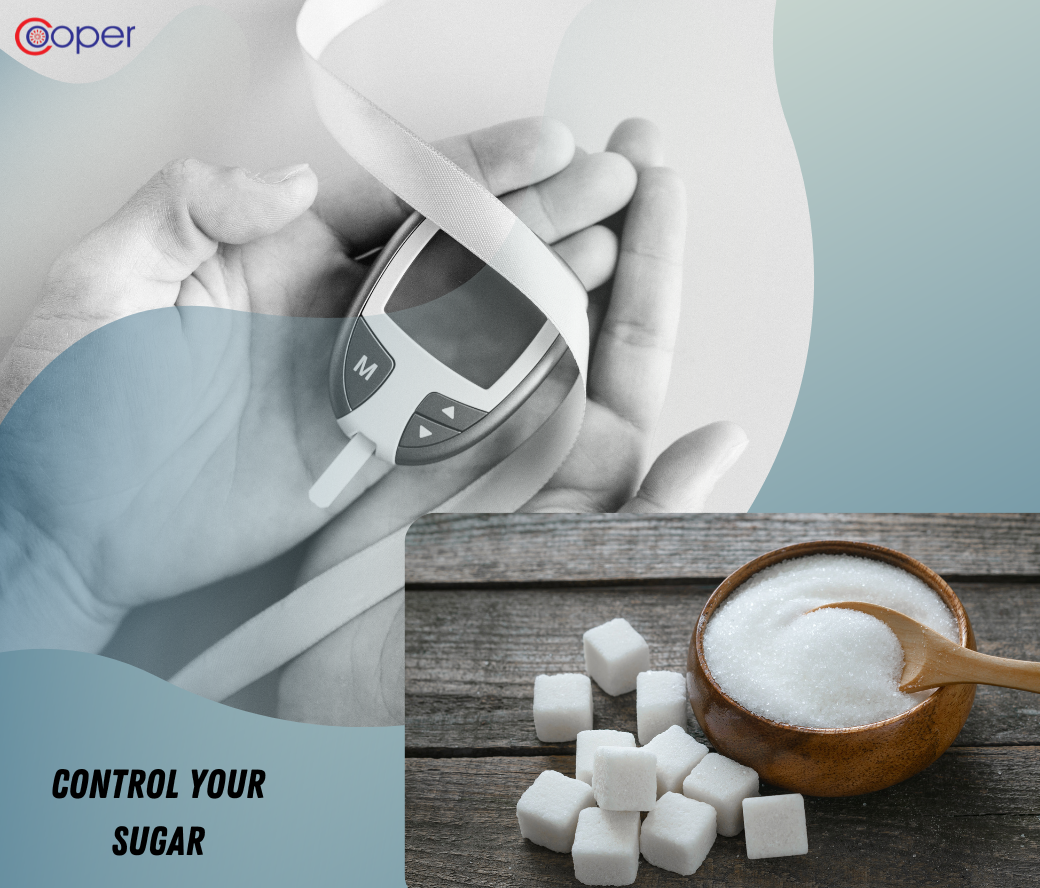
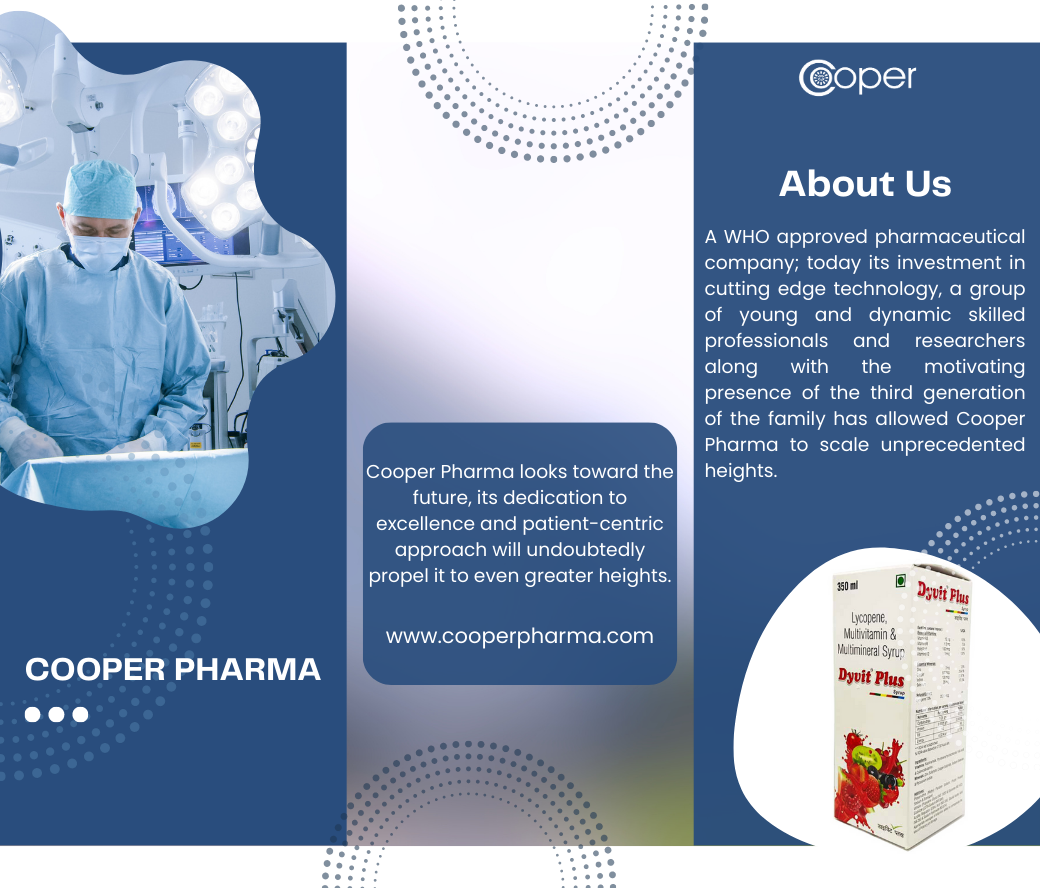
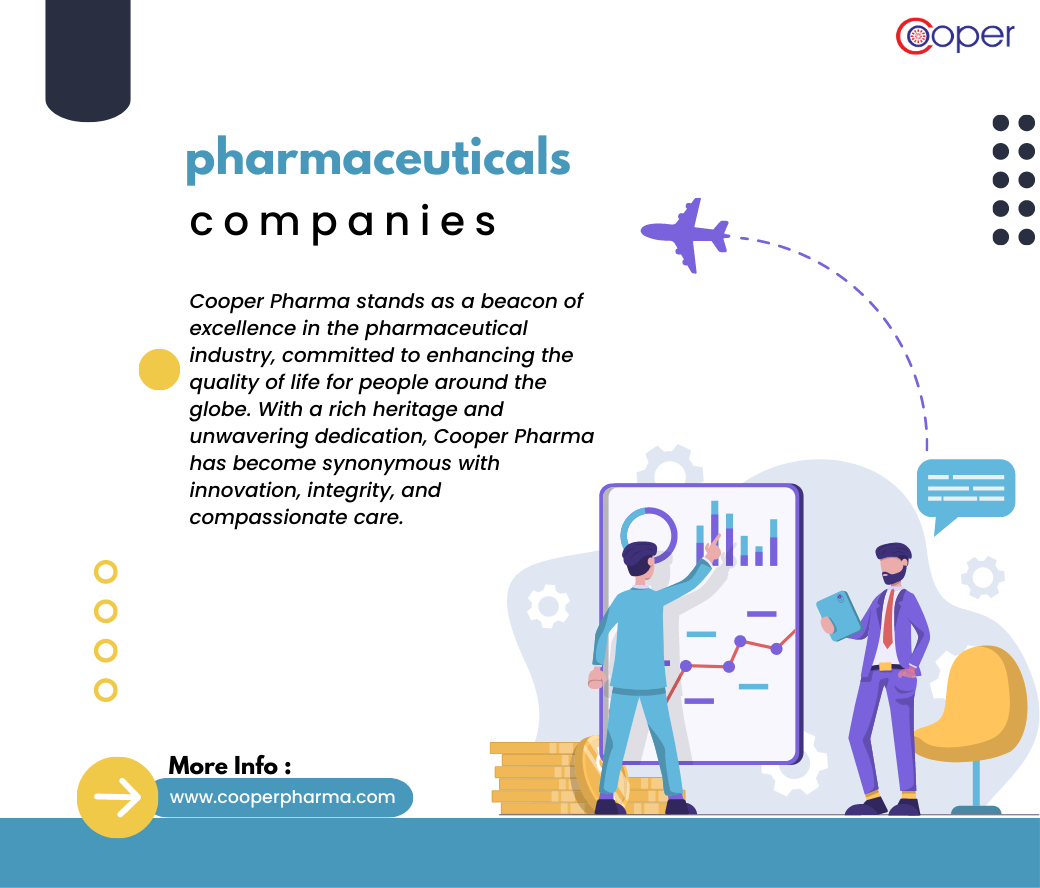
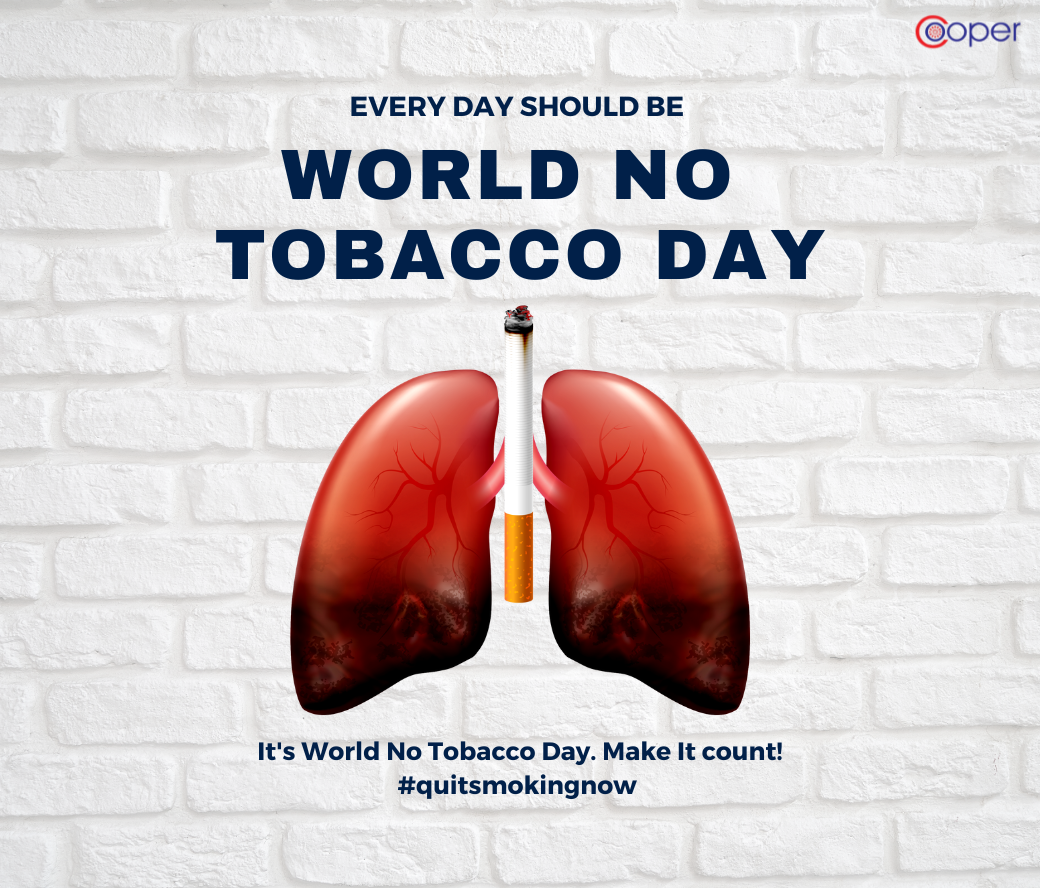
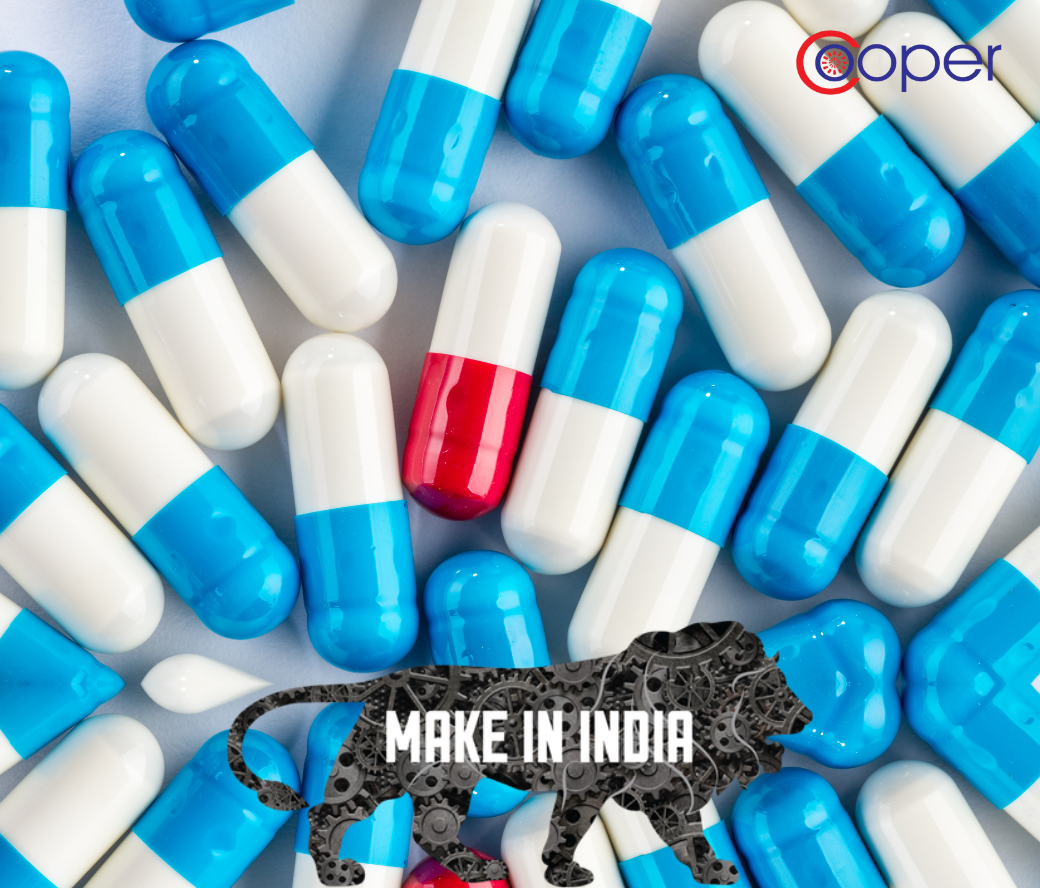
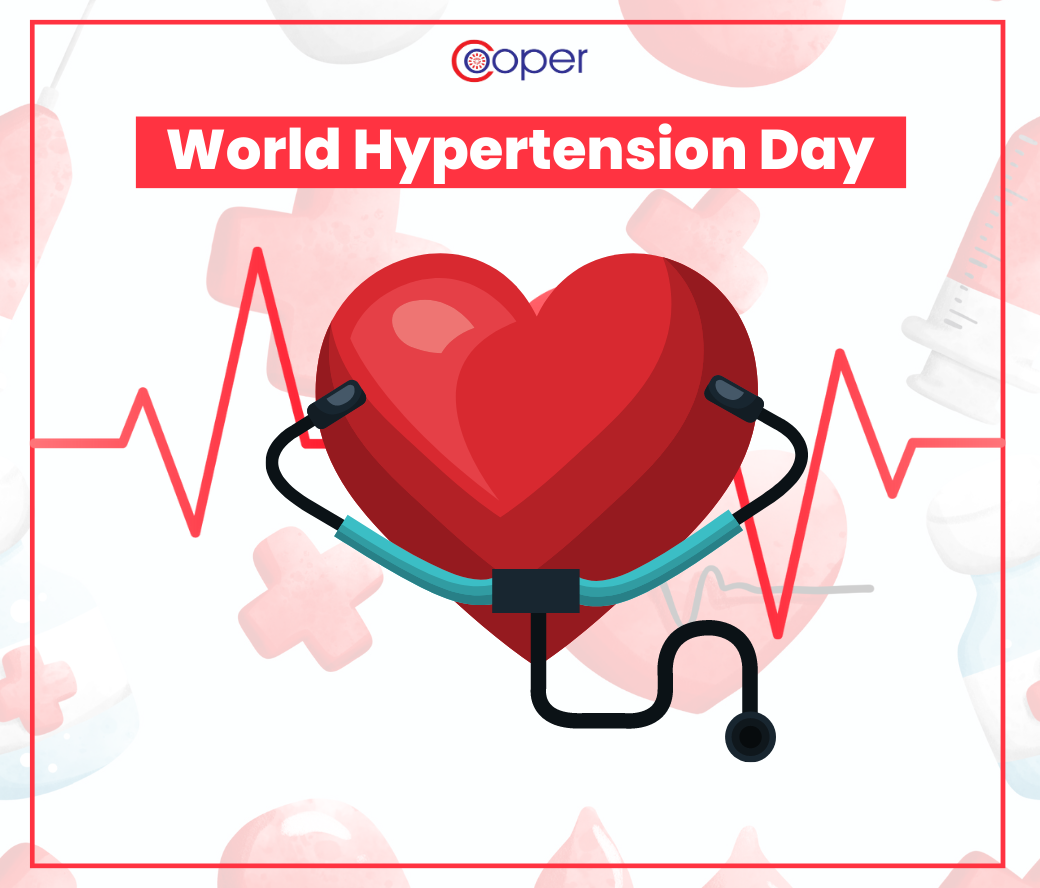
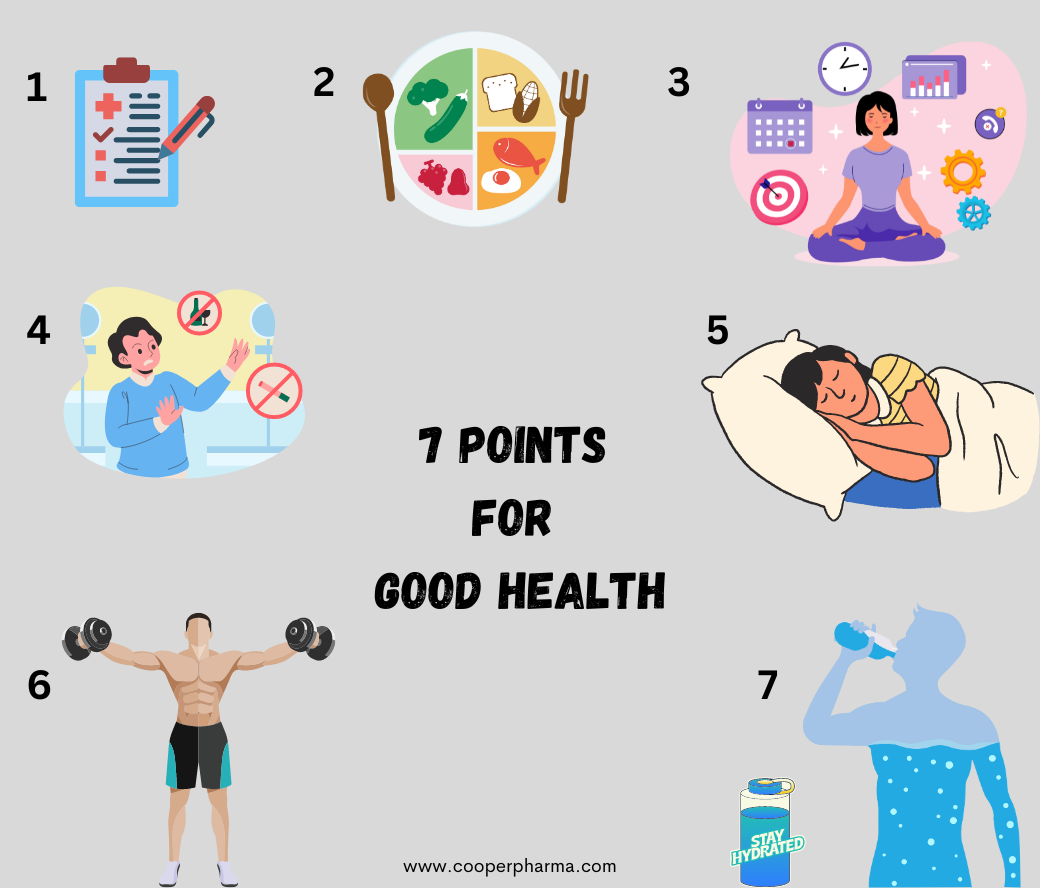
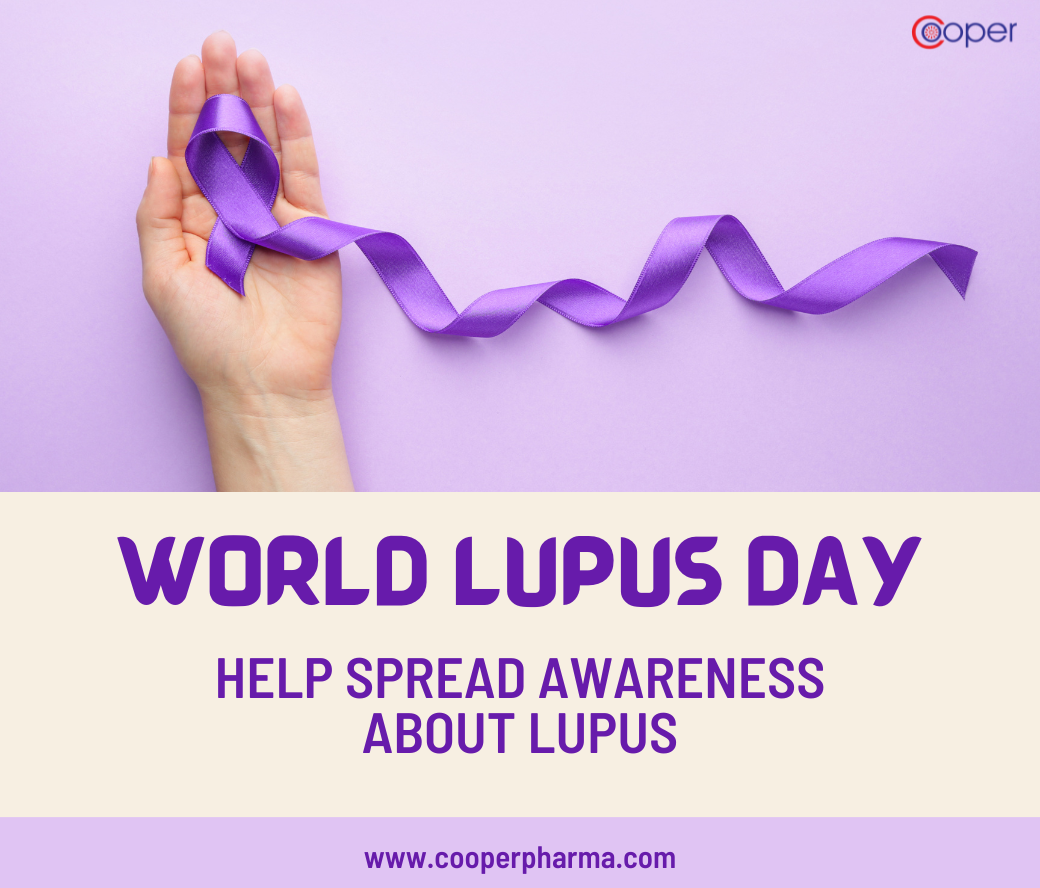
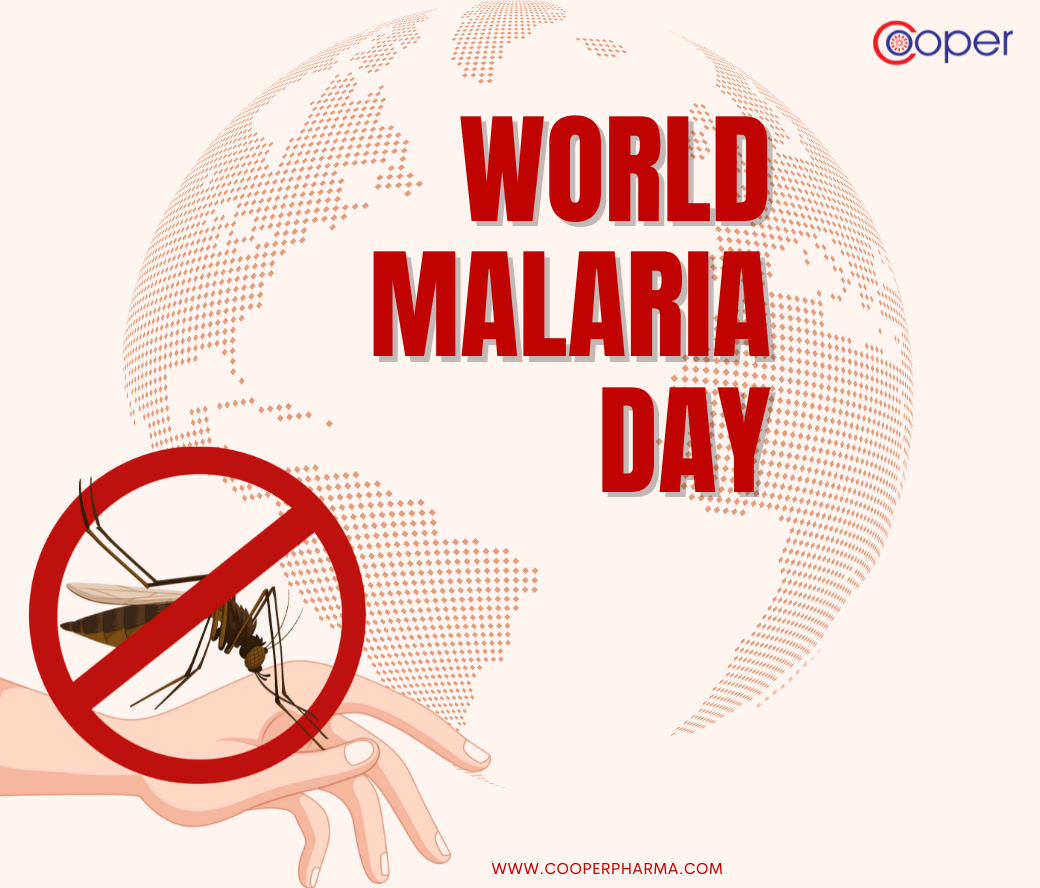
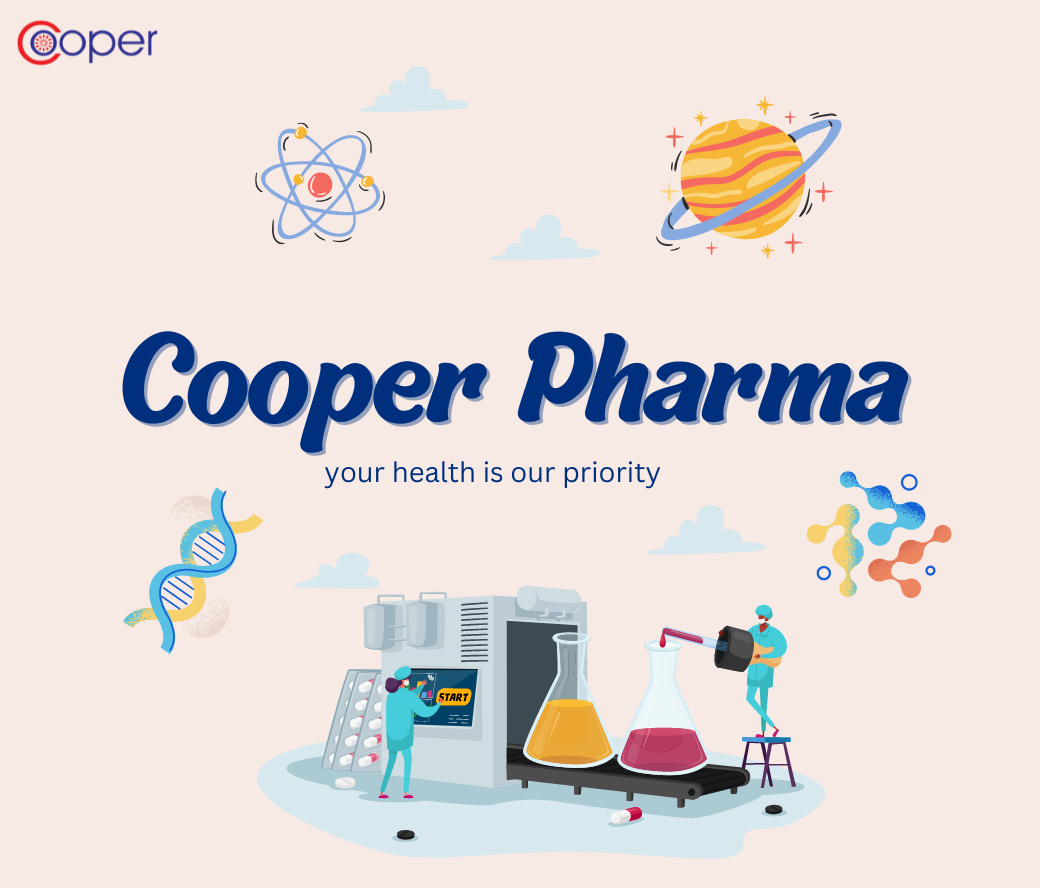
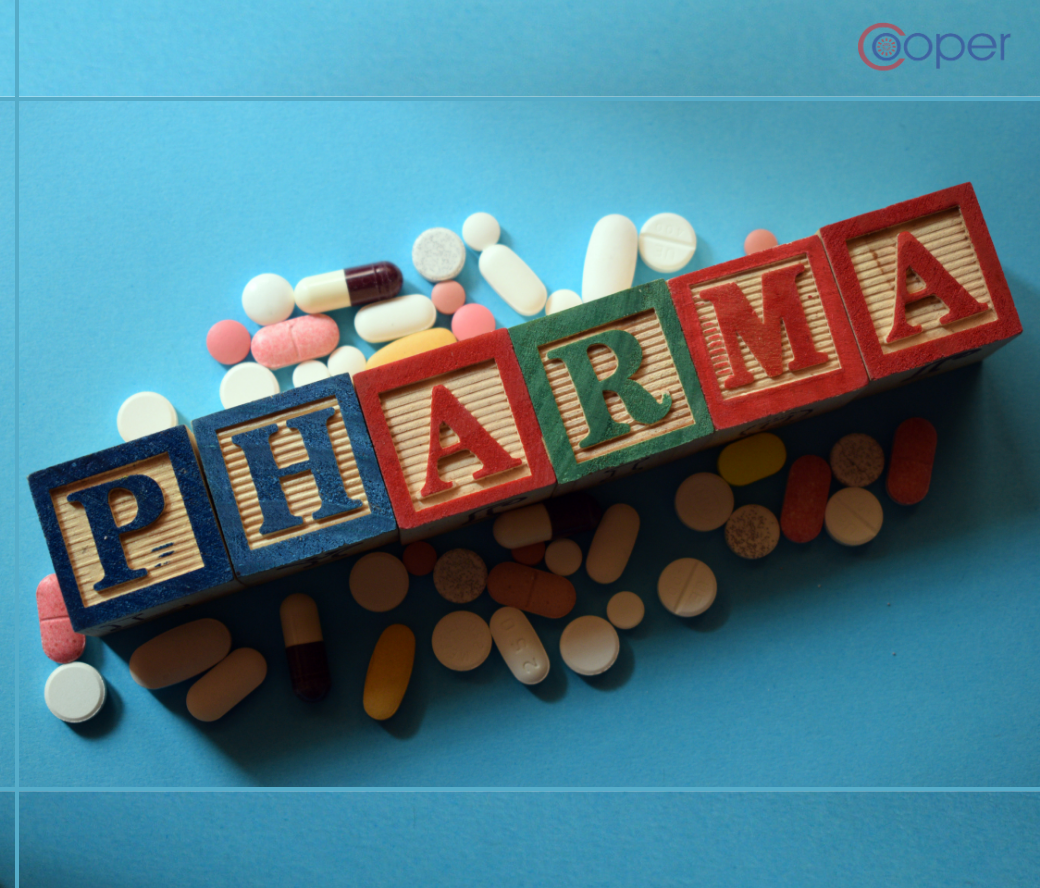

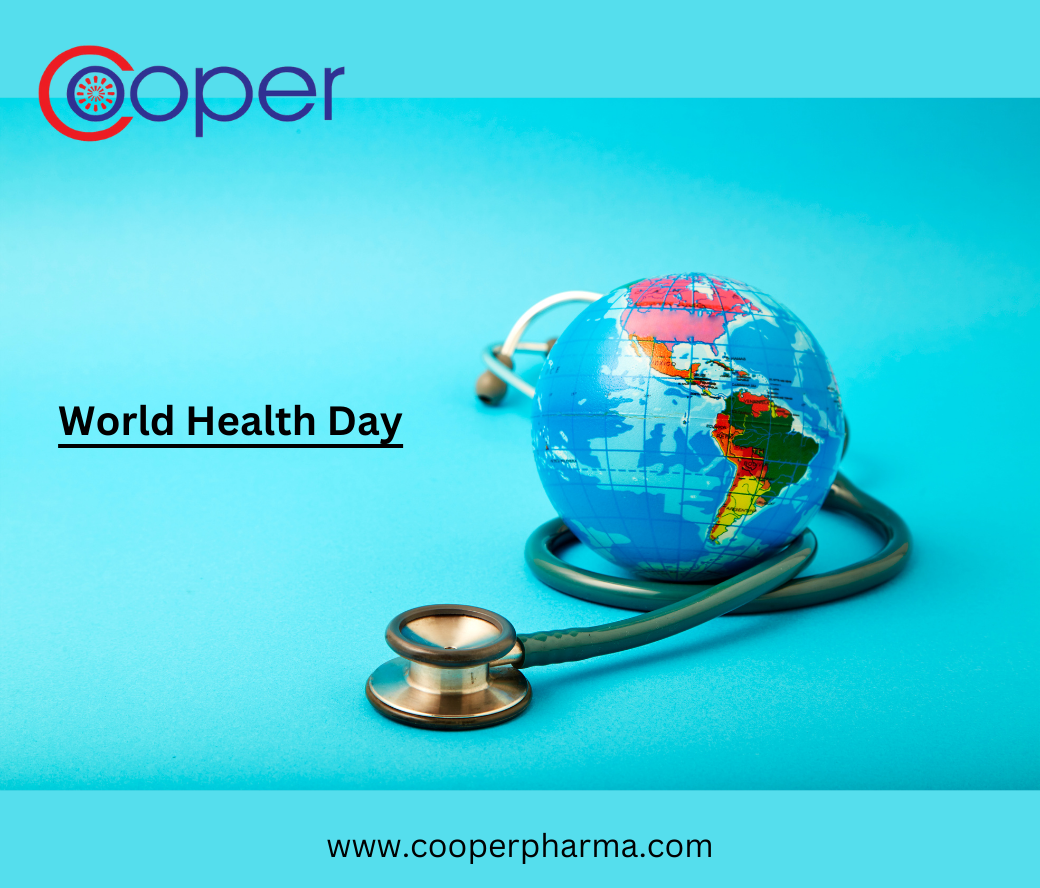
.png)
